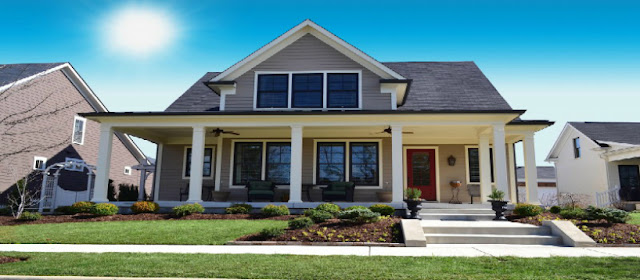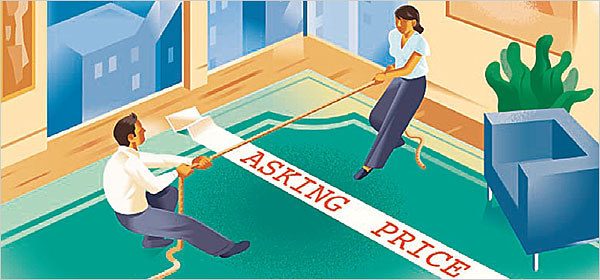Erik Laine: People have numerous options and/ or alternatives, when it comes to their involvement in real estate. One of the first considerations, of course, is economic, and whether the potential buyer, has committed and made the sacrifices, necessary to have sufficient funds to make a down payment, and maintained a credit record, with sufficient quality, to qualify for funding/ mortgages. One might decide to purchase a multi - family house, either strictly as an investment, or as a vehicle to reduce the cost of home ownership, by living in one unit, and renting out the other. In any case, one must do a personal financial analysis, as well as considering several factors, regarding the subject property. Here are 5 considerations.
Can it be readily rented:
Unless one seriously considers and addresses this, all other considerations and calculations, become someone limited. Examine the local rental market, and compare your rental units to the competition. If this is an investment property, seek a 6% cash flow, which means the total rents less the taxes, maintenance, etc, come to 6% of the price. If you're living, determine your needs, and which unit might make sense to live in, versus which ones to rent out.
Anticipated realistic rent - roll, and occupancy rate:
Beware, rental units will occasionally go unoccupied, so factor that into your considerations. Perhaps a good rule of thumb, may be to assume a 75 - 80% occupancy rate, on a yearly basis. It's always better to be conservative! What can you realistically anticipate, in terms of rental income?
Real estate taxes:
Remember, the owner generally pays the real estate taxes, and collects rents. Usually, these taxes increase somewhat, from year - to - year! Subtract these taxes from your income, when doing any calculations. Generally, they will be collected as part of your mortgage payment.
Carrying charges:
Carrying charges include utilities, regular/ anticipated maintenance, taxes, etc, as well as regular contributions to a maintenance/ capital reserve fund, for items, such ar roofs, heating/ air conditioning, cement, painting, etc. Have a focused idea on what this will amount to!
Overall condition:
Never purchase unless you first have an engineer or home inspector, take a close look, and issue a report. Know the age of existing roof, heating system, etc. Identify issues which have greater probability of arising, sooner, rather than later. This will assist you in estimating how much to contribute to your capital reserve account, as well as identify issues, which might be deal - breakers!
Article Source:
http://EzineArticles.com/9649818





















